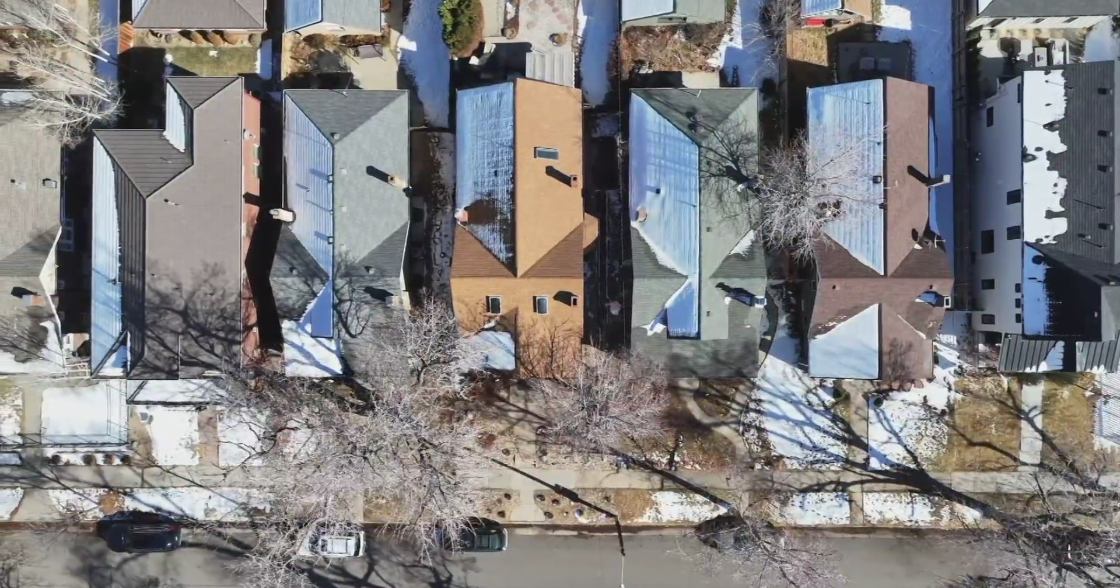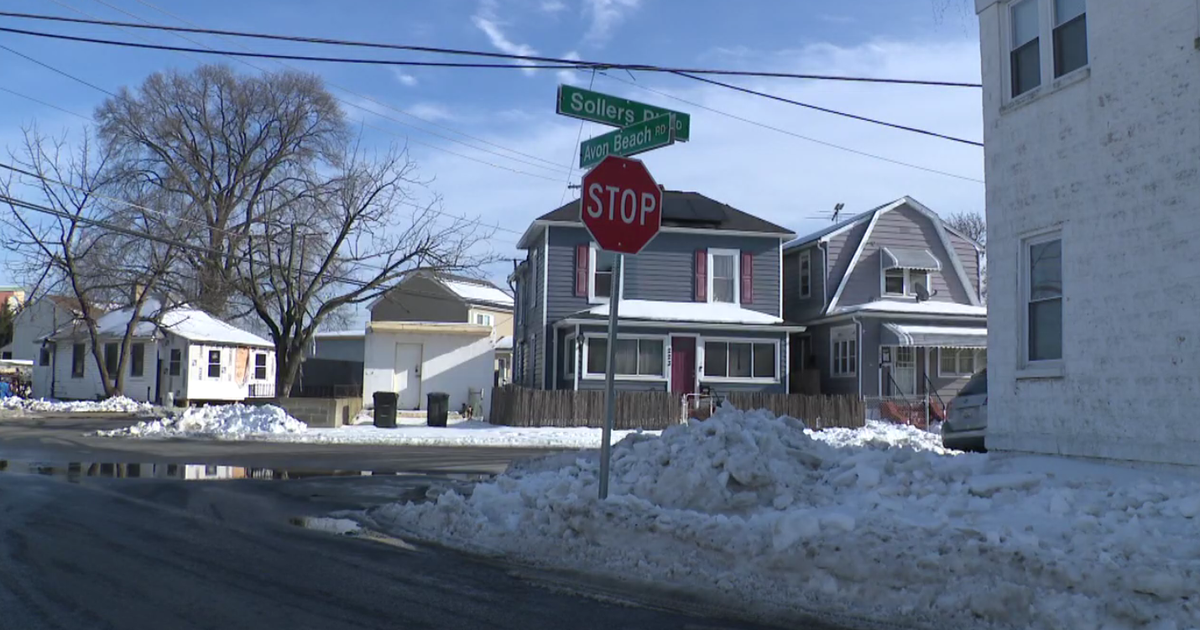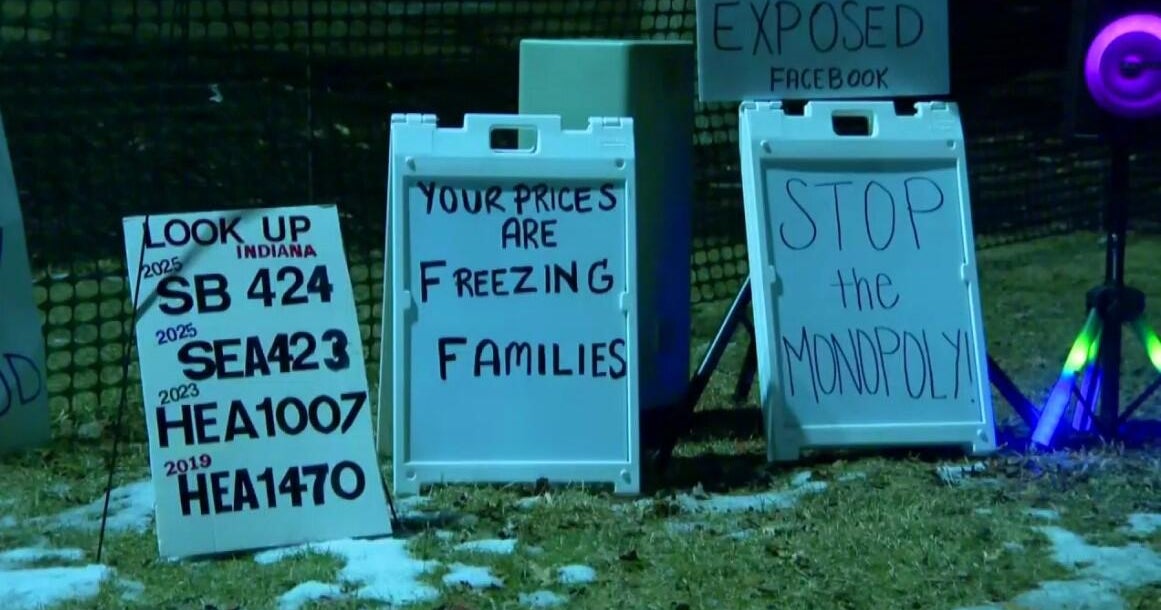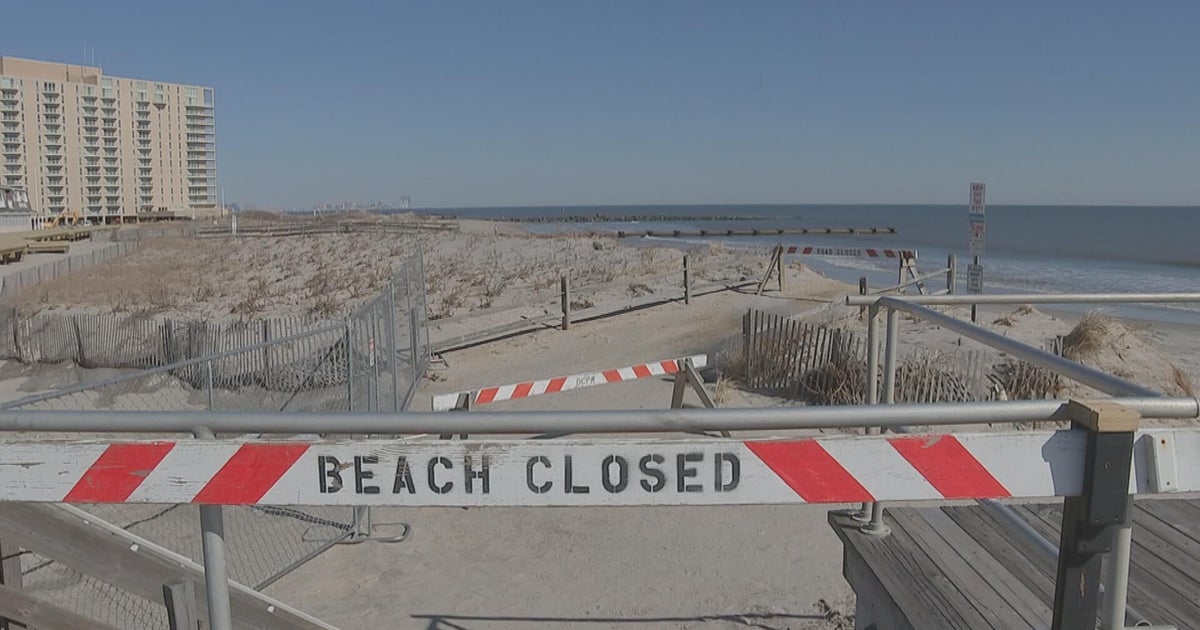Earthquake, Hurricane Keep Insurance Agents Busy
ALLISON BOURG
The Capital of Annapolis
ANNAPOLIS, Md. (AP) -- First came the earthquake. Then the hurricane.
Now comes the bill. And with any luck, you have a decent insurance policy that will cover the cost of most, if not all, of the damages sustained in one or both natural disasters.
The problem is, a lot of people don't know exactly how they're covered, and where there may be gaps in their policies, local insurance agents say.
"We've answered more questions about coverage this past week than we probably ever have," said David Mathes, an Annapolis-based agent with Erie Insurance.
Many of them were asking about earthquake coverage in the aftermath of the surprise magnitude 5.8 earthquake that rocked the East Coast Aug. 23. Most of the damages in this area were relatively minor, such as collapsed chimneys and cracks in walls, Mathes said.
"Those calls started Tuesday afternoon," Mathes said.
Homeowners' insurance policies usually exclude earthquake coverage, though people can buy it as an add on, Mathes says. It's not expensive - anywhere from $50 to $190 a year.
The deductibles, though, can be huge, usually between 2 and 5 percent of the home's value. If a home is insured for $500,000, that's a significant chunk of change, said Matt Lehmann, vice president of Severna Park-based Moran Insurance.
But that's just not something people think about - especially on the East Coast.
Kevin O'Brien, a principal agent with O'Brien and Associates Insurance Services, said he never thought about it much himself until a smaller earthquake rattled the area last summer. Then he decided to add earthquake coverage to his homeowners' policy.
Luckily, he didn't have to use it this year.
If questions about the earthquake didn't keep local agents busy enough, reports of Hurricane Irene in the following days triggered a whole new wave of calls from anxious residents.
"Who would have thought there would be an earthquake and a hurricane in the same week?" Lehmann said.
Agents were inundated with questions about flood coverage, probably because Tropical Storm Isabel is still fresh in their minds, said Shelley Driscoll, an Annapolis-based agent with State Farm Insurance. That storm battered the Chesapeake Bay area in September 2003, and most of the damage to homes was from flooding, Driscoll said.
Like earthquake coverage, flood insurance isn't a standard part of most homeowners' insurance plans. Property owners must purchase it separately through the Federal Emergency Management Agency.
That coverage differs from sewer and drain coverage, Mathes said, and a lot of people don't realize that.
"You've got to read your policy," he said.
Flood coverage also doesn't take effect until 30 days after a property owner purchases it.
"If you make it through the storm without any damage, get a flood policy," Mathes said.
Indeed, storms such as Isabel and Irene tend to be wake-up calls for homeowners, Driscoll said.
"These types of things open people's eyes. What are my deductibles? What are my options?" she said. "It's been a really busy week."
O'Brien urged residents who suffer damage, no matter how little, to document it with pictures or video.
"Then we can cut you a check," he said.
But beware of opportunists looking to take advantage of stressed out homeowners.
Before Irene even hit the East Coast, the Better Business Bureau of Greater Maryland warned residents to expect a spike in door-to-door "storm chasers."
There's usually a lot of post-disaster scams out there, the BBB said.
Angie Barnett, the BBB's president and CEO, advised waterlogged residents to follow four steps: Call your insurance agent, check with the BBB, get any offers in writing and sleep on big decisions.
Residents who hire an unlicensed contractor forfeit significant protections under Maryland state law, including bonding and insurance coverage, Barnett said. No one should ever pay cash for repairs, or pay for them up front.
Homeowners should ask for proof of licensing and check that with the Maryland Home Improvement Commission, or in the case of tree service, the Department of Natural Resources.
A few other red flags: Unmarked or unprofessional vehicle signage; business cards with only a name and phone number, but no local address; license numbers missing on vehicles, business cards and estimates; and repairmen that just happen to show up with leftover material from another job.
Information from: The Capital of Annapolis, Md., http://www.hometownannapolis.com/
(Copyright 2011 by The Associated Press. All Rights Reserved.)







